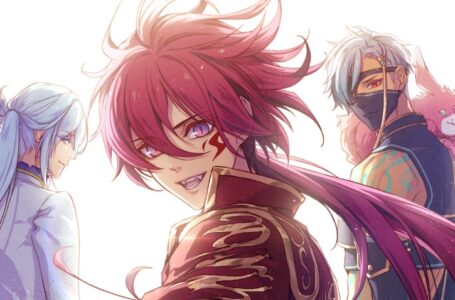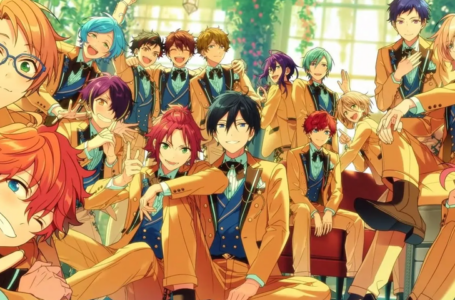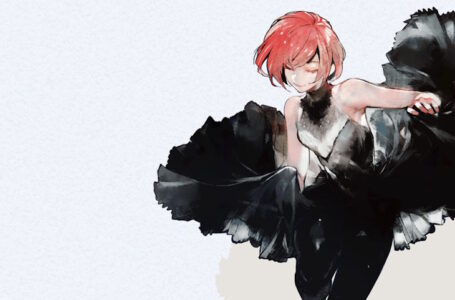Exploring the best (and worst) otome heroines
Otome games are my raison d’etre, for a lack of a more appropriate word, and I may have already made this very clear through the many posts I’ve made on the genre here.
But what’s severely lacking both on Rice Digital and elsewhere is an appreciation of its many heroines. I cannot blame otome fans for this when there’s such a vast amount of attractive 2D husbandos to distract us all, though!
So this article is to prompt discussion on the polarising subject of otome heroines — because life as a fair maiden is a lot more challenging than you would first think.
We’ll be exploring the many facets of the main character in otomes, and assess if their frequent criticism is deserved.
A blank slate, or something more?
Possibly the most frequent criticism of the otome heroine is their submissive disposition. This could be explained by how idealised this femininity is in Japan — and since this is the primary market for these games, it’s no surprise why this personality type for the Heroine is so prevalent.
For starters, the very first localised otome Yo-Jin-Bo transports our student heroine named Sayori back in time to around the Edo period, and places her into the body of princess Hatsuhime. In comparison to the confident, outspoken and assertive Hatsuhime, Sayori is meek, reserved, and docile, and is who the love interests fall in love with. What a way to shift the focus from the much more interesting main character option!
Yo-Jin-Bo set the standard for what was to come because as it turns out, it is not the most disappointing example of this critique.
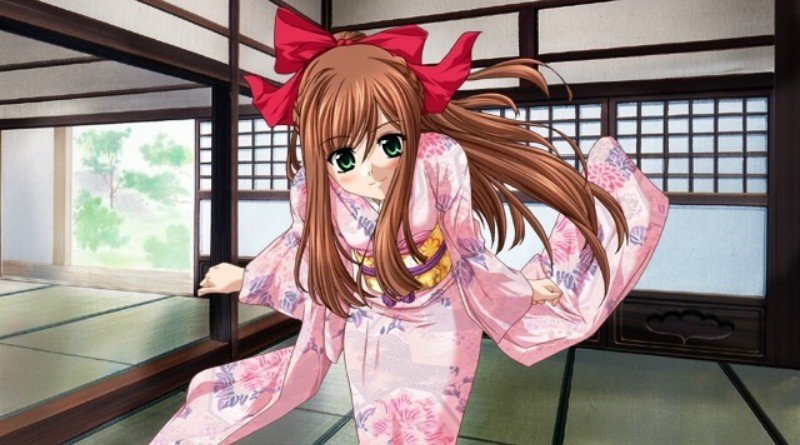
One of the most popular localised otome games, Amnesia: Memories, is often the first to come under fire for its unimaginative and unappealing heroine.
I’ve previously explored why its heroine (who has no canonical name) is a negative portrayal of an amnesiac main character. She has little agency, she has to be agreeable towards her chosen lover no matter the situation in order to have the best outcome, and never retaliates when the issue goes off the rails to absurdity.
It’s disappointing, since it’s established that the heroine’s personality was vocal and assertive before the incident happened that caused her amnesia. She was always different in each relationship, and this aspect would have been much more engrossing to see as her own personal arc, because many of these characteristics could be perceived as negative, such as arguing with Kent, or being jealous of the attention Ikki received.
It is, however, worth acknowledging that her regained personality was explored rather well in the unlocalised sequels we are yet to see be brought west, so it’s good to keep this in mind.
Vita exclusive Bad Apple Wars is an underrated otome that offers an angst-filled adventure through a purgatory school, exploring the concept of conquering our regrets and finding love in the process.
Even in its best endings, it has a massive amount of bittersweetness rather than truly “happy” endings, and this is due to the drama-filled, depressing backstories of the love interests.
In fact, Bad Apple Wars puts so much weight into its love interests that it leaves its heroine, Rinka, with very little to her name in comparison. She has no real sense of origin, little to no characterisation, and not even any aspirations or development. It comes down to her feeling empty in all routes, with a shockingly limited amount of depth for a main character in purgatory; so much more could have been added to flesh out Rinka as her own character. And this would have been greatly appreciated, as unlike Amnesia: Memories, Bad Apple Wars has no fandiscs to expand on the narrative and characterisation.
These examples indicate how otome games can sometimes be very clear in their selling points; we’re playing for the love interests. It’s as simple as that. In my personal opinion, these examples are only a few I agree on in being on the less than stellar side for main characters, so we’ll now tackle some characters who tend to be unfairly scrutinized due to unfortunate circumstances.
Situational circumstances
In contrast to Amnesia’s heroine, Beniyuri from Psychedelica of the Black Butterfly is a much more impressive main character who suffers from amnesia. She has admirable resilience, never wavering from the pursuit of her goals despite waking up in a terrifying world she does not understand.
She is also a main character who carries trauma that she comes to terms with across the game’s runtime. While her situation still has her act as the damsel in distress on the majority of the routes, this is a step in the right direction.
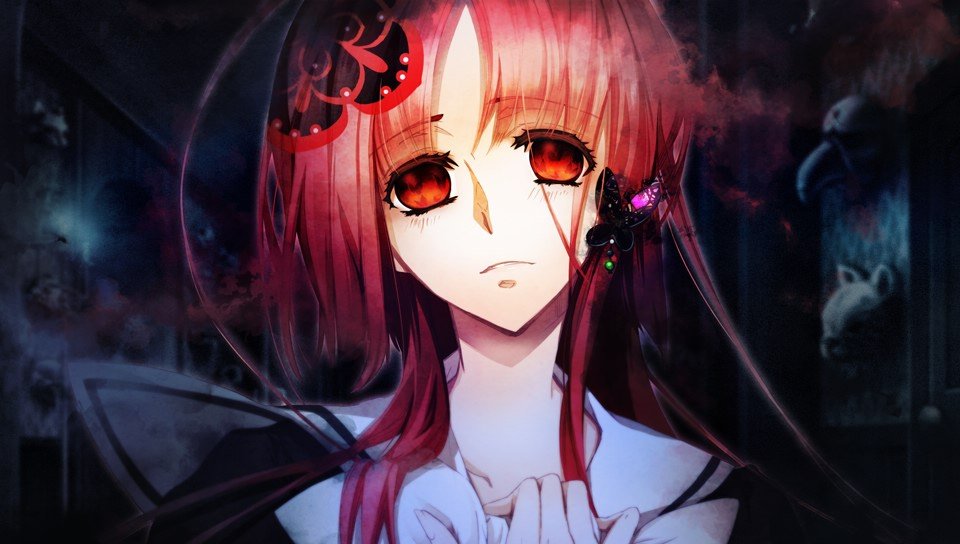
Furthermore, amnesia is the initial defining characteristic of OZMAFIA’s main character Fuka, who is also just as shafted for her supposedly “dumb” and “annoying” personality.
Fuka is indeed a Mary Sue MC, but in a world overrun by corruption and violence much like Piofiore — both titles sharing the same mafia-inspired premise — it’s understandable that our fair maidens’ appeal encompasses the compassion and kindness the love interests are missing in their lives.
Fuka may choose questionable actions at times, but it ironically translates into the player choosing her fate. You wouldn’t go into a clearly seedy brothel on your own, would you? But Fuka’s naivety is highlighted crystal clear in this moment, and unhelpfully encouraged by the mischievous Kyrie. You cannot blame her naivety on “dumbness” when she simply does not understand this unfamiliar world.
Another perfectly capable otome heroine who often gets berated is, surprisingly, Chizuru from Hakuoki. Her situation should be understood for the time she is in: a young woman trying to survive in the Edo period. She disguises herself as a male when actively pursuing her missing father despite the possibility of her ending up dead due to her gender.
Probably the worst-regarded offender of the crime of “being a bad main character” comes in the form of the timid and sweet Yui from Diabolik Lovers. She is the punching bag for the majority of the hot and bloodthirsty brothers in this infamous series of games, and it’s a treat for the eyes to anyone who likes so much sin and sensuality – no shaming here.
The series is notorious for its rough and callous mistreatment of Yui, because simply put, she is at the mercy of the abuse inflicted on her by her problematic love interests. The mistreatment ranges from malicious name calling to throwing darts at her body and even off-screen sexual misconduct. Is it consensual? Is it hell. And do the gorgeous men ever improve their toxic tendencies in a supposed loving relationship – in the first game at least? Nope.
Diabolik Lovers is, however, more than just the BDSM and abuse porn it’s often labelled as, since each and every single main character suffers from a particular trauma which has shaped their toxic tendencies. Does it make their actions and words acceptable? That’s another no, but they are almost always at least somewhat sympathetic.
Yui, meanwhile, also suffers from a bad past, and is an absolute cinnamon bun who deserves protection and affection. Her isolated upbringing along with her father selling her to the family effectively locks her into this fate where she is a victim who can never escape and has no one to ever turn to. She is a victim due to her circumstances; that doesn’t make her a bad character.
The cream of the crop
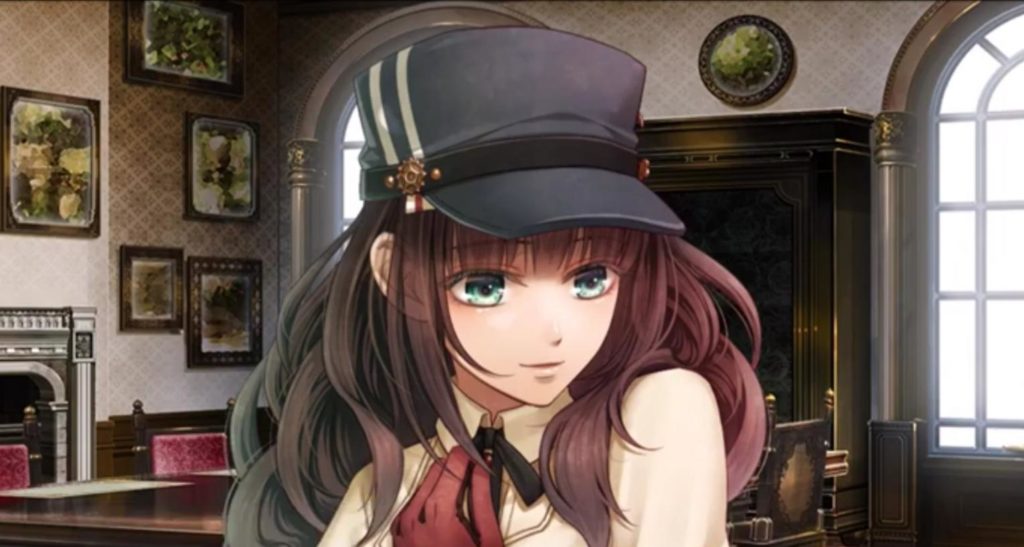
So what heroines do we have to actually celebrate from among localised otome titles? Quite a lot actually!
Cardia from Code Realize is often regarded as one of the best heroines from the range of otomes that are available in the west, and it’s no surprise as to why. She started off with nothing, coming from a lonely and isolating mansion with her father walking out on her years ago, and everyone seeing her as a monster.
Her naivety is explained when her origins are revealed, and her arc is appealing no matter the route taken. She learns valuable skills and how to fight from the love interests, often comes to their rescues in their respective routes, can assess a situation, and her whole goal for existing is to be loved. She is sympathetic, strong and has engaging character development.
And that’s not all. Many otome game leads are capable of defending themselves without needing to rely on knights in shining armor, such as Jed from Psychedelica of the Ashen Hawk, Enju from Nightshade — and my favourite, Cyrus in Steam Prison, who has become accustomed to her harsh and gritty surroundings and all the violence, drugs and sexual misconduct found there.
It’s a ruthless world, but Cyrus never gives up, and she will happily fight alone using her own strength and skills.
In the same vein is Ichika from Collar x Malice, who has respectable ideals, is a capable police rookie, and has a keen eye for detail and high intelligence. She is an overall great role model for young women.
And the list keeps going, with more grounded titles including Eri from Nameless, whose kindness and patience with others is impressive considering her loneliness and sadness. Her growth throughout her journey is emotionally captivating and empowering as it encompasses the concept of accepting ourselves and learning to come to terms with loss.
Emi from the realistic school setting of Fashioning Little Miss Lonesome is absolutely hilarious and extremely relatable, and presents a young woman who learns to value her natural beauty while asserting herself over a love interest.
Finally, we’ll close this section off with Saki from Sweet Fuse: At Your Side, who is easily one of the most brilliant main characters found in a localised title. Despite being only 18, she’s got the brains, capabilities, sensibilities and put downs for anyone who has an ignorant or wrong remark that reaches her ears. Her sharp tongue and confidence makes her an entertaining player character we are always supportive of and can look up to.
Too much of a good thing and western representation
But sometimes great groundwork can lead to less than positive representation. The titular Alice from Alice in the Country of Hearts starts off as impressively vocal for a leading lady, but her negativity and physical shunting of a particular love interest can easily begin to rub the player the wrong way.
And while mobile games often have their main characters be blank, player projections, Voltage’s Liar Uncover the Truth presents a remarkably strong and capable female lead… initially, at least. Her development starts to highlight negative traits, such as feeling superior over others, coming across as hypocritical, and having unbelievable standards for her love interests.
It is clear that there has to be a balance to establish a leading lady who is not too plain, but not too unrelatable either. And nowhere is this best tackled than in the indie market.
In the highly acclaimed free otome title Cinderella Phenomenon, our leading lady Lucette is immediately dislikeable. She has an overwhelming amount of off-putting characteristics, such as talking down on those lower than her status, and being an overall rude and condescending young girl. But her astonishing improvement over the course of the game makes her one of the most fleshed out heroines within the genre. It’s refreshingly different as she arrives at a positive destination; her self-improvement is strikingly well done and provides a truly unique perspective on giving a heroine a gratifying arc.
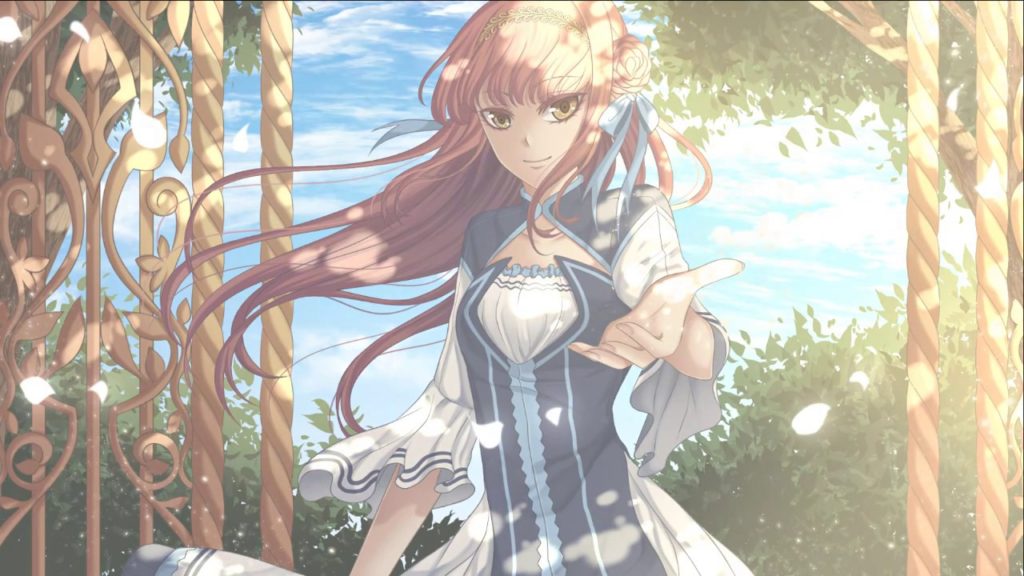
Indie titles have even tackled the norm of presenting a youthful, often naive and virginal MC, with more mature and older heroines instead. Such an example of this can be seen in Demonheart, where our choices affect aspects of the main character’s personality, such as her levels of bluntness and tactfulness. But she overall is a far more mature main character, unlike in many other titles. While this aspect of the main character is not all that necessary, it is a welcome change, since it presents new perspectives and possible stories to explore, and is relatable to a totally different target audience.
Another splendid example to end on is Tailor Tales which features a 23 year old MC whose independence is immediately evident from the fact she runs her own boutique. She can be either kind or feisty depending on the choices made in the game, and her sexual experience can even be selected in certain routes to further shape her into a more appealing and relatable main character for many players.
The future is bright
While the everlasting issue of the language barrier prevents the majority of us from enjoying the very best heroines the otome genre has to offer (just check out the ass-kicking Hinako from Kenka Bancho as a prime example), the west has plenty more leading ladies that are deserving of praise to look forward to.
Variable Barricade has an interesting spin on the heroine, establishing her as a tsundere who needs to be wooed by her suitors and not the other way round, while BUSTAFELLOWS has the capable, resourceful, witty and intelligent Teuta we’re looking forward to playing as.
In the end, love them or hate them, our otome games would not be the same without their heroines, and they’re here to stay for good no matter what our opinion is of them. So let us celebrate the many sides of our heroines — since each lovely lady is distinctive, and all are worthy of our love.
Who are your favourite otome heroins? Let us know in the comments or via the usual social channels!
Join The Discussion
Rice Digital Discord
Rice Digital Twitter
Rice Digital Facebook
Or write us a letter for the Rice Digital Friday Letters Page by clicking here!
Disclosure: Some links in this article may be affiliate links, which means we may earn a small commission if you make a purchase after clicking on them. This is at no additional cost to you and helps support Rice Digital!
- Sigh of the Abyss: Shadow Bonds – Prologue Review - October 7, 2023
- Is She The Wolf? is wickedly addicting TV - October 6, 2023
- The steady consumption of Slow Damage - October 5, 2023




